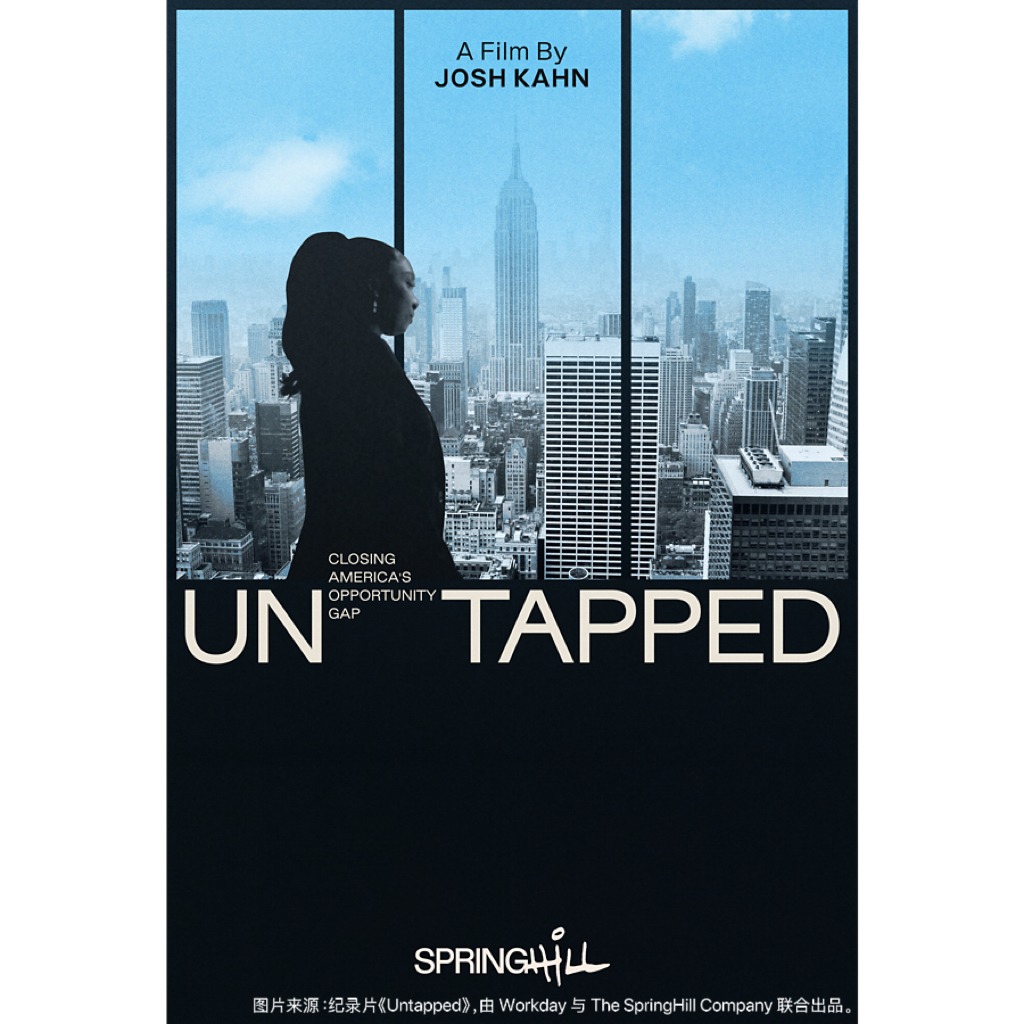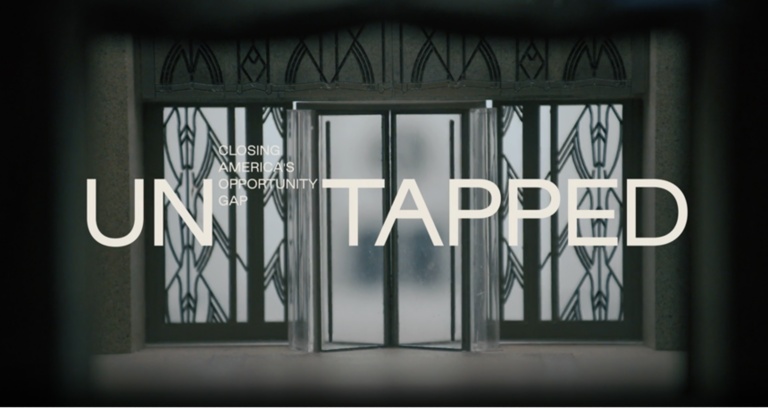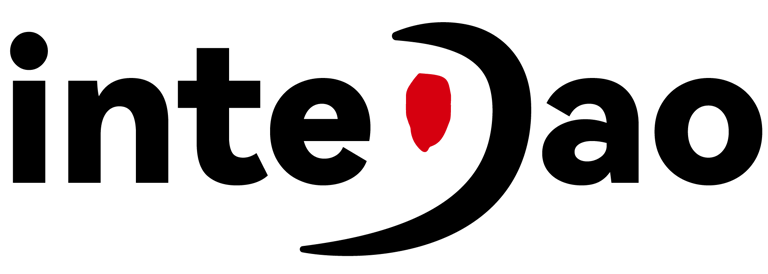Workday × Netflix "Untapped": The Other Side of HR Through the Opportunity Gap in a Skills-Based Society
In this efficiency-driven workplace, who are we still willing to give a chance? The documentary "Untapped," produced by Workday and SpringHill, raises not just an American issue, but a question every society should confront.


You read that right—Workday, the company that makes HR systems, actually produced a documentary that made it onto Netflix.
Today's article has nothing to do with system configurations or AI features. I simply want to discuss a documentary that unexpectedly moved me—"Untapped: Closing America's Opportunity Gap," co-produced by Workday and The SpringHill Company and released on Netflix.
It doesn't introduce any technical products, yet it strikes at the core of "talent": In this rapidly changing skills-based society, who truly has the opportunity to be seen and invested in?
This is a film focused on social opportunity structures, yet it's more sincere than many "corporate culture" reports and more powerful than most "talent transformation" PowerPoints. Through authentic, relatable human stories, it prompts us to reconsider: In today's emphasis on efficiency and intelligence, are we still willing to slow down and see those "potentials yet to be understood"? While the film focuses on America, it raises global questions: In an era increasingly dependent on skills rather than credentials and background, how do we redefine talent?
What Does This Documentary Tell Us? 📘
"Untapped" follows the stories of six young people from different backgrounds across America, chronicling how they break through various social and economic barriers through a career training program called Year Up United, ultimately succeeding in internships at world-class companies including JPMorgan Chase, Johnson & Johnson, and Facebook.
Year Up United is a one-year program for low-income youth: the first six months involve intensive professional skills training (such as Excel, business communication, financial knowledge, etc.), while the latter six months are spent interning at top companies. The program is dedicated to opening a door into mainstream workplaces for young people who have been "overlooked by the system."
The documentary reveals a core issue by authentically recording their struggles, growth, and journey to recognition, interspersed with reflective interviews from corporate executives:
It's not that these young people lack potential—society has simply never given them the opportunity to showcase their potential.
They don't have prestigious university degrees, social connections, or self-affirmation. The only thing they possess is the belief that "if someone is willing to believe in me, I can do it."
As one of the film's producers, Workday uses this documentary to call on businesses and society to reassess how we evaluate talent.
Image Source: Documentary "Untapped," co-produced by Workday and The SpringHill Company. Image copyright belongs to the original rights holders.


The image shows the revolving door scene from the film's opening, symbolizing the "entry pathway" metaphor. Image from the documentary "Untapped," used solely for interpretation and commentary.
"I feel like I'm trapped in a never-ending tunnel (a cycle of work, eat, sleep, repeat...)."
This is the sentiment of a young man named Christian in the documentary, expressing his feelings before joining the Year Up United program. He had struggled to make a living but could never see the light ahead. This isn't one person's story—it's the shared experience of all six protagonists in the film.
Most come from low-income communities, lack educational backgrounds, but under the skills training and corporate internship opportunities provided by Year Up United, they gradually move toward mainstream stages in finance, technology, and other industries.
This experience poses the first soul-searching question for viewers:
When a society uses credentials and background as tickets to quality employment, how much potential is overlooked outside the gates?
"Skills are the modern currency of work." —Carl Eschenbach, Workday CEO
This line from Workday CEO Carl Eschenbach in the film sets the tone for the entire documentary—hoping that the future world of work will no longer be determined by credentials, but by skills, potential, and willingness to learn.
The film cites data showing that only 38% of American adults have bachelor's degrees, while over 70% of new positions claim to "no longer mandate degree requirements," yet actual recruitment processes still heavily rely on diploma screening. This structural contradiction is the core issue "Untapped" seeks to reveal—
The so-called "opportunity gap" isn't a lack of talent, but a lack of mechanisms to identify talent.
And these mechanisms are often rooted in our outdated biases and unconscious comfort zones.
It's Not a Lack of Talent, but Flawed Opportunity Distribution Mechanisms
Another highlight of the documentary is when executives from JPMorgan Chase, General Motors, Walmart, and LinkedIn rarely face structural inequality directly. JPMorgan Chase CEO Jamie Dimon states bluntly:
"We've left too many opportunities for people with specific backgrounds in the past. If we don't change our standards, we'll never see a more diverse future."
In his view, the problem was never whether talent exists, but whether companies are truly willing to redesign that "admission ticket": Who gets to interview? Who is deemed worth cultivating? Who remains forever outside the gates?
This is a reflection on system standards and opportunity distribution mechanisms. With talent shortages and diversity pressures constantly rising, these executives are beginning to realize that relying solely on "resume filters" can no longer address a rapidly changing world.
This also leads to the documentary's deeper question:
What's Being Overlooked Isn't Just "Marginalized Groups," but Potentials Yet to Be Understood
While "Untapped" doesn't focus on AI technology, the issues it presents are particularly worth discussing in today's era where AI is redefining work rules.
The predicament faced by the young people in the film before joining Year Up United mirrors many entry-level professionals around us: uncertain about direction, unclear about personal strengths, lacking opportunities to try, and not recognized by "the market."
For example, one of my cousins consistently couldn't find suitable positions after college graduation. It wasn't that she lacked ability, but that there was no mechanism to help her identify her potential, accumulate experience, and build confidence. This "structural bottleneck" is exactly what the documentary points to:
It's not because they're not excellent enough, but because society defaults to expecting them to "fail."
"Untapped" helps us see these "people yet to be understood"—they may not have polished resumes or perfect starting points, but they possess strong adaptability. If no company is willing to provide that first door, society permanently loses a group of potential contributors.
This has cautionary significance for any society globally—from East Asian exam-oriented societies to Western workplace threshold systems, from grassroots employment opportunities to top-tier talent strategies, we all need to reconsider:
Are skill identification mechanisms transparent enough?
Does society provide enough "second chances"?
Are corporate recruitments willing to step out of their resume comfort zones?
The author believes "Untapped's" success lies not in telling several comeback stories, but in forcing us to confront:
Who has the power to choose? Who is excluded? Who should bear responsibility for fixing unfair systems?
This also sparks broader reflections from the author:
Do educational systems merely replicate existing social structures?
Are HR systems truly evaluating capabilities, or just matching labels?
In this AI era emphasizing "efficiency," are we willing to spend more time truly understanding a person?
Conclusion: What Can We Do?
We often say whether someone is "ready to perform" is an important criterion for determining employment eligibility.
But the Year Up program in the documentary reminds us:
Being "ready" might not be innate, but granted.
The young people in the program only became "qualified candidates" in corporate eyes after receiving six months of skills training and six months of internship opportunities. Were they truly inadequate before? Or was it because no one "advanced trust" in them?
As HR system builders and recruitment process designers, we've defined too many rules about "qualification": minimum education requirements, scoring mechanisms, referrals, process steps. We take these standards for granted as "objective," yet rarely ask ourselves:
For whom did we establish starting points, and when did we close doors for others?
Perhaps what truly changes a person's destiny isn't a test score or interview performance, but behind some system, a pair of eyes willing to believe in them.
As interviewee Megan says in the film:
"You don't know how capable you are until someone is willing to believe in you, invest in you, and guide you."
This is a replicable form of influence. Companies can redefine "qualified" standards, educators can leave space for students to make mistakes, system designers can make processes more inclusive. And perhaps each of us can start with a small belief, opening a door for someone else.
Interested in or have questions about the perspectives and content in this article? As practitioners deeply rooted in the HRIS field, we are committed to helping more enterprises and individuals efficiently complete HRIS projects. If you're looking for more professional and customized solutions, please contact us via LinkedIn. Let's explore together how to make HRIS truly empower your business!
